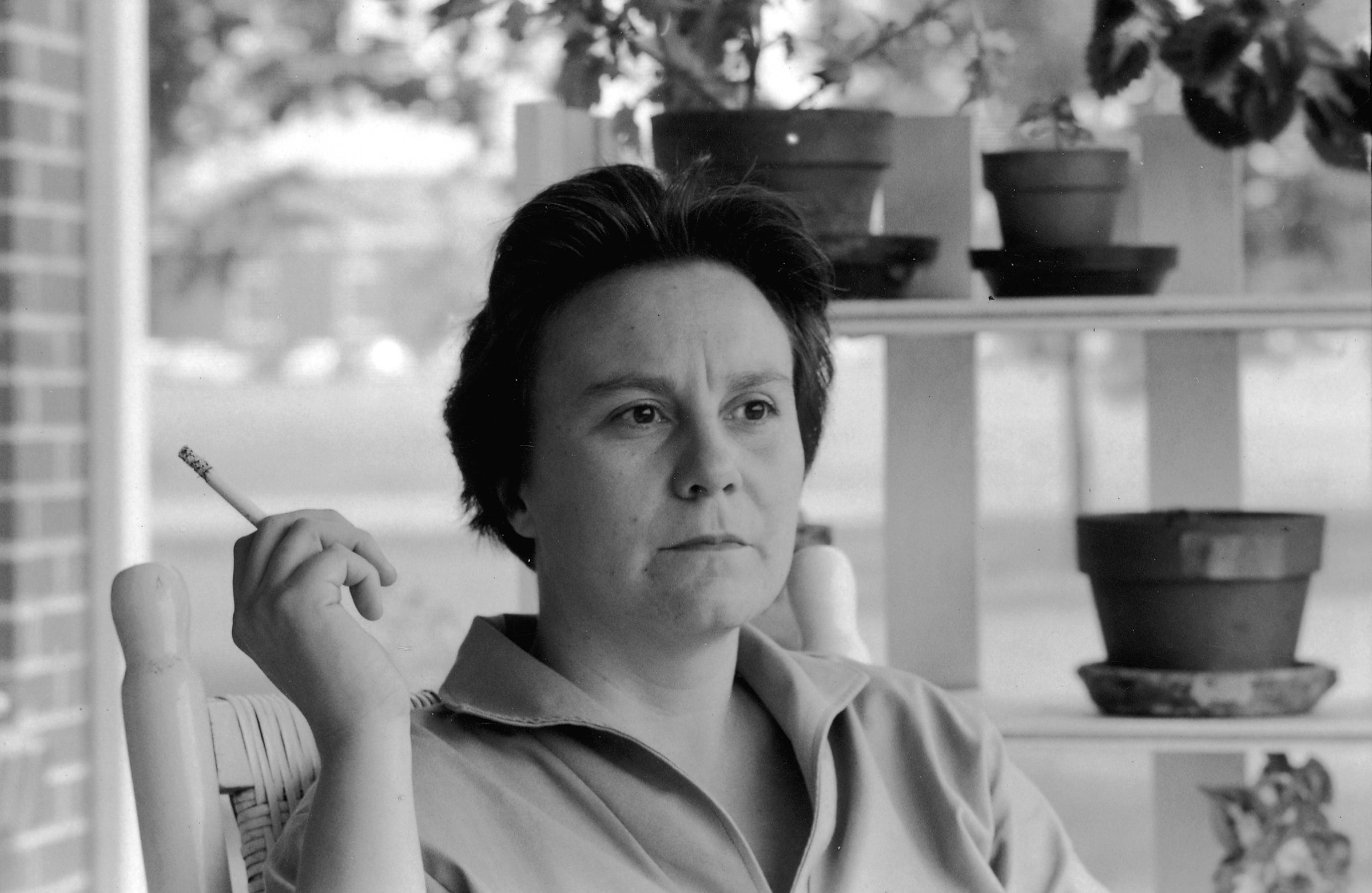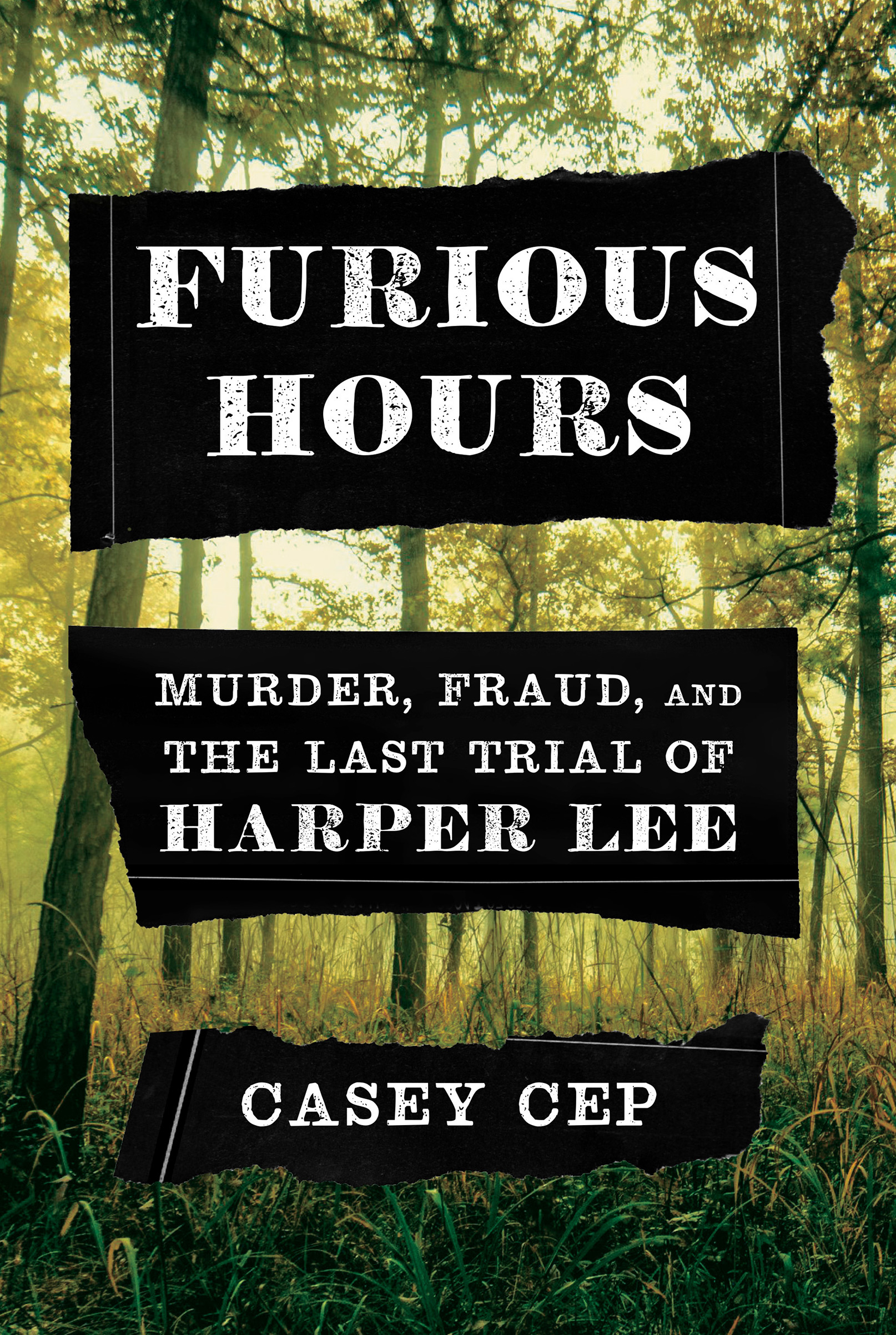
One of the great mysteries in American literary history is what happened to Nelle Harper Lee after July 11, 1960, when To Kill a Mockingbird was published. While her novel sold millions of copies, Atticus became a household name and Gregory Peck collected an Oscar for his performance in the film adaptation, Lee virtually disappeared. And she never completed another book.
Debut author Casey Cep sets off to investigate Lee’s life after Mockingbird in her vivid book Furious Hours, which travels the highways and byways of rural Alabama to tell the story of the Rev. Willie Maxwell, progressive lawyer Tom Radney and the book that Lee tried–and failed–to write about them.

Maxwell was a country preacher who was accused in the 1970s of murdering five of his family members–three of whom were found dead by the side of the road, with no clear cause of death. As Maxwell’s relatives turned up dead, he managed to avoid conviction, dodging the police and collecting tens of thousands of dollars in life insurance from policies he had taken out on the victims. He was ably defended by his attorney Radney, whom Cep depicts as the ideal country lawyer, but the spree ended when he was shot at the funeral of his stepdaughter–one of his alleged victims. Radney took up his killer as a client, who was acquitted on an insanity defense, and Lee began documenting this swirl of voodoo (which Maxwell was accused of practicing), post–civil rights tensions and the murder investigations.
Lee, who was suffering from a serious case of writer’s block, had decided that in Maxwell and Radney she had found her next book. It won’t spoil anything to say that Lee likely never finished it (Cep isn’t certain), despite her investing years in toiling over first a nonfiction account and then a novel. But from that void comes a great gift: Cep’s book is a marvel. In elegant prose, she gives us the fullest story yet of Lee’s post-Mockingbird life in New York–boozy, unproductive, modest despite her means, yet full of books and theater–and her quest in Alabama, where she grew close to Radney and his family, to tell the Maxwell story. Cep’s is an account emotionally attuned to the toll that great writing takes, and shows that sometimes one perfect book is all we can ask for, even while we wish for another.
More Must-Reads from TIME
- Donald Trump Is TIME's 2024 Person of the Year
- TIME’s Top 10 Photos of 2024
- Why Gen Z Is Drinking Less
- The Best Movies About Cooking
- Why Is Anxiety Worse at Night?
- A Head-to-Toe Guide to Treating Dry Skin
- Why Street Cats Are Taking Over Urban Neighborhoods
- Column: Jimmy Carter’s Global Legacy Was Moral Clarity
Contact us at letters@time.com